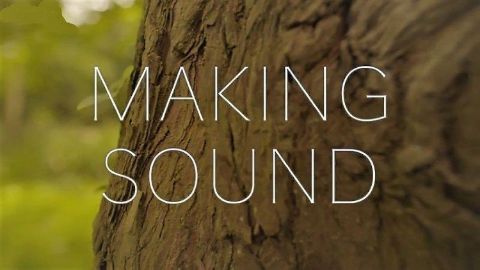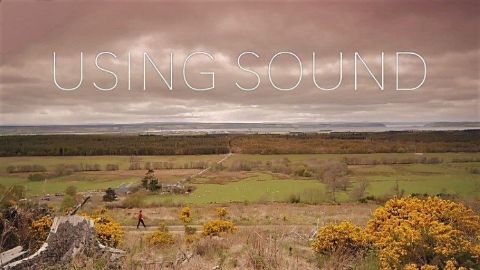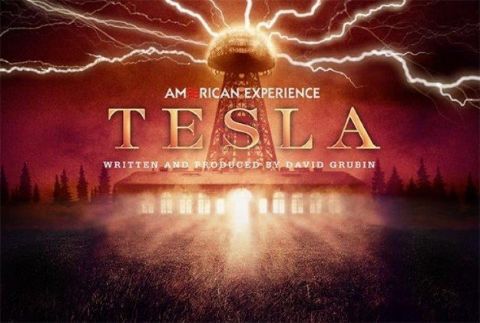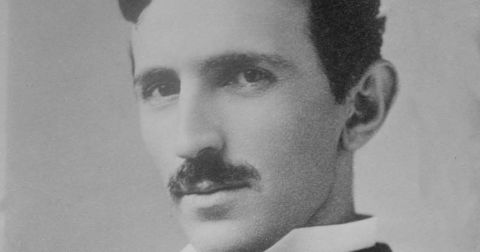Using Sound • 2017 • episode "S1E2" • Sound Waves: The Symphony of Physics
Visiting a hidden location buried beneath the hills of Scotland, Helen experiences some of the most extreme acoustics in the world. Here she learns just how much information can be carried by sound. She discovers how sound has driven the evolution of truly incredible biological systems and complex relationships between creatures that exploit sound for hunting - and escaping from predators. Helen demonstrates how sound waves diffract (bend around objects) and in doing so help us sense danger and locate it. Helen explains how we are not limited to passively detecting sound waves; we can also use them to actively probe the world.
Make a donation
Buy a brother a hot coffee? Or a cold beer?
Hope you're finding these documentaries fascinating and eye-opening. It's just me, working hard behind the scenes to bring you this enriching content.
Running and maintaining a website like this takes time and resources. That's why I'm reaching out to you. If you appreciate what I do and would like to support my efforts, would you consider "buying me a coffee"?
Donation addresses
BTC: bc1q8ldskxh4x9qnddhcrgcun8rtvddeldm2a07r2v
ETH: 0x5CCAAA1afc5c5D814129d99277dDb5A979672116
With your donation through , you can show your appreciation and help me keep this project going. Every contribution, no matter how small, makes a significant impact. It goes directly towards covering server costs.






